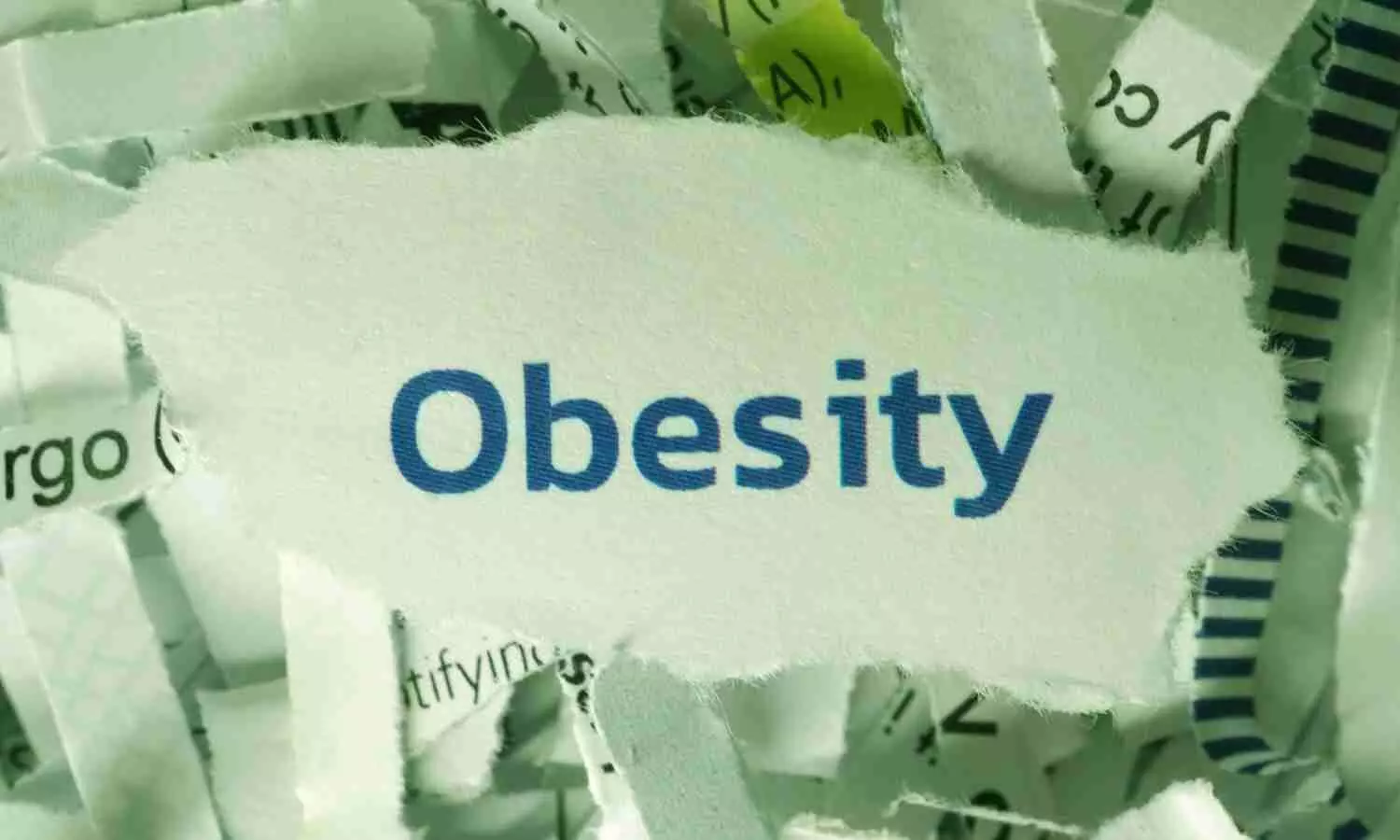Could Dad’s diet influence his offsprings’ health?

Chicago: A study performed in mice has uncovered a potential new tool to combat the escalating issue of childhood obesity.
The research suggests that a simple dietary change, in the form of a fish oil supplement taken by fathers, might help address this pressing health concern.
The number of young people ages 5 to 19 who are obese has risen from 31 million in 1990 to 160 million in 2022, according to the World Health Organization. This extra weight can increase the risk of diabetes, high blood pressure and high cholesterol and may also lead to poor self-esteem and depression.
To find out whether paternal diet could influence offspring health, researchers gave male mice a high-fat diet with or without added fish oil. They found that the offspring of the males that consumed fish oil had a lower body weight and showed better metabolic health than the offspring of fathers not supplemented with fish oil.
“While further human studies are needed, this discovery opens a new frontier in our understanding of how parents, beyond just genetics, influence their offspring’s well-being,” said Latha Ramalingam, PhD, assistant professor in nutrition at Syracuse University. “Fish oil, a readily available and safe supplement, could become a powerful weapon in our fight for a healthier next generation.”
Sarah Dellet, a graduate student in Ramalingam’s lab, will present the findings at NUTRITION 2024, the flagship annual meeting of the American Society for Nutrition held June 29–July 2 in Chicago.
The researchers say this is the first study to examine inheritance patterns exclusively in the paternal line. It builds on their previous work, which demonstrated the benefits of fish oil supplementation in mothers for reducing childhood obesity risk.
In the new study, which involved almost 150 mice, the researchers fed male mice a high-fat diet either with or without added fish oil. They were then mated with female mice that consumed a regular healthy low-fat diet.
The researchers found that offspring that were fed a low-fat healthy diet and fathered by males receiving fish oil weighed less at 7 and 21 days than offspring of the males not receiving fish oil. Female offspring from males receiving fish oil also had improved metabolic health as measured by glucose clearance and insulin sensitivity.
“This concept offers a significant potential to reshape our strategies in combating childhood obesity,” said Ramalingam. “Picture a future where pre-conception dietary guidance isn’t solely directed at mothers, but also involves fathers, enabling them to play a more active role in promoting their children’s well-being right from the start.”
The researchers are now studying the potential mechanisms through which dietary changes affect sperm, aiming to better understand how this information transfer influences the subsequent generation. They are also investigating muscle and liver gene expression to gain deeper insights into the genetic foundation of the enhanced insulin sensitivity in females.
References: Could Dad’s diet influence his offsprings’ health? AMERICAN SOCIETY FOR NUTRITION MEETING NUTRITION 2024



